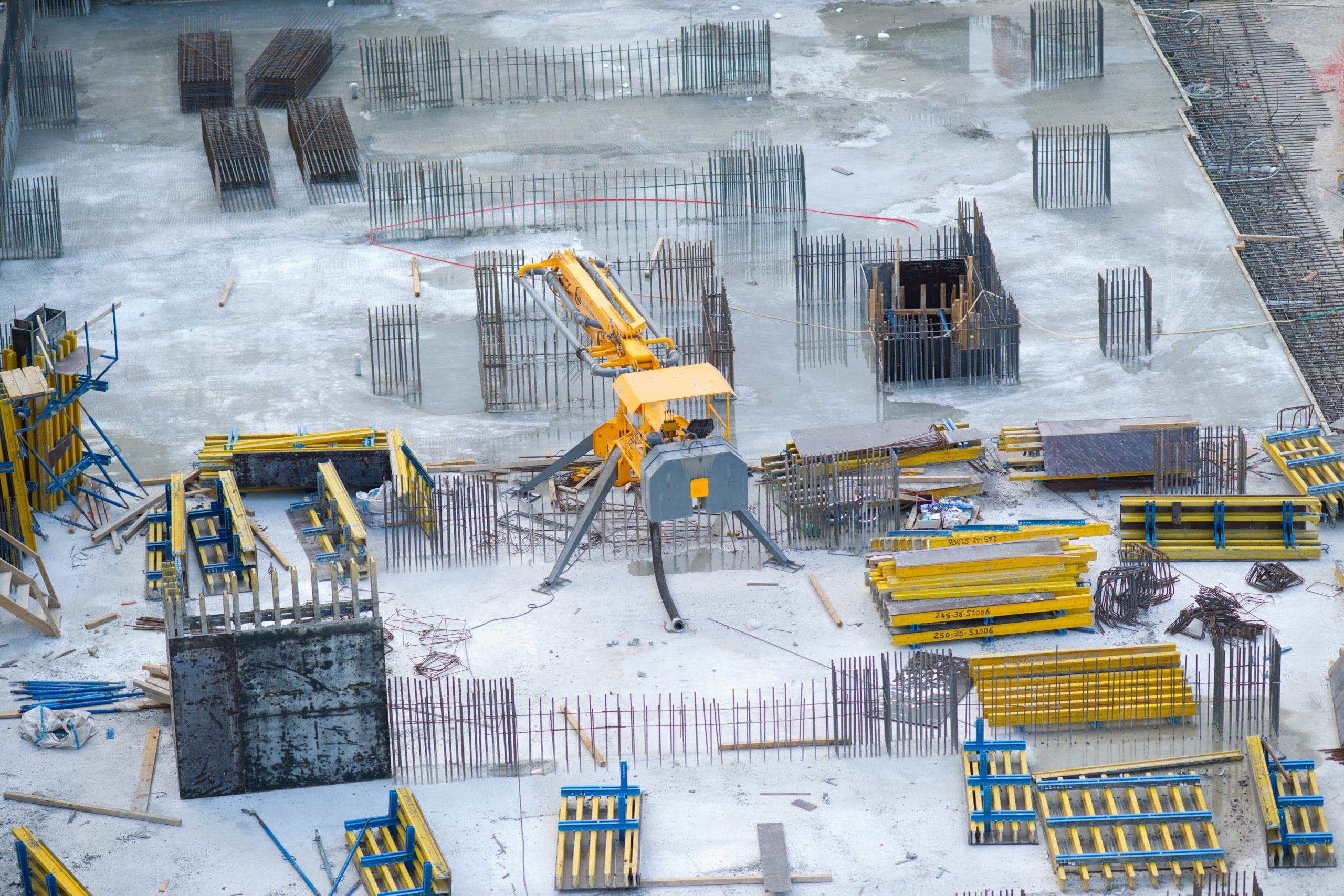
Force Majeure & its effect on contractors during the pandemic
Contractors have had to manage risk in the face of great adversity in recent years. The combined effect of the global pandemic and Brexit has forced the sector to adapt and pay closer scrutiny to contracts. Delays, overruns, higher material costs, staff shortages, and cancellations are just some of the challenges the sector has been forced to overcome in a short time period.
Force majeure – a clause often used in contracts – protects contractors from circumstances beyond their control. In other words, if an event couldn’t have been foreseen, the firm would have recourse to delay or cancel the project without legally breaching terms.
How can this be a bad thing? Surely it means construction firms will be protected in the event of extenuating circumstances arising.
The problem is this: force majeure isn’t a get-out-of-jail-free card. Added to this, the term has no precise definition under English law.
Three events classed as Force Majeure
The following circumstances are classed as unforeseeable and could be defined in a constructor’s contract with its clients to provide protection.
1. Government actions
This could include sudden changes in law or legislation. A relevant example would be the instruction to shut down construction sites due to the pandemic – an event firms had no way of anticipating.
2. An Act of God
This clause refers to natural events beyond human control and which couldn’t be prevented. Brexit or COVID-19 would fall under this category – as would a catastrophic weather event.
3. Group actions
The outbreak of war, a riot, or local rebellion could affect a constructor’s ability to work safely or import supplies. Such events could not be foreseen and are therefore classed as force majeure.
Surely this means construction firms are protected?
Covered under force majeure
No one could have anticipated COVID-19. Equally, David Cameron’s 2017 decision to hold a referendum on Brexit came out of the blue and couldn’t have been planned for. This must mean construction firms would have been exempt under force majeure clauses in their contracts from circumstances arising from these two events.
Not covered under force majeure
If only it were that simple. That COVID-19 and Brexit were unforeseeable events is undisputed. But the gravity of this statement is entirely contextual. contractors now have the benefit of hindsight. They know another lockdown could cause staff shortages – potentially delaying or jeopardising contracts. Pleading force majeure in such cases would be difficult to justify – if at all.
The same applies to Brexit, which has resulted in staff shortages – due in part to changes under the EU’s freedom of movement act – and the rising cost of materials caused by a shortfall of supplies. Again, these reasons cannot be used as excuses by contractors to postpone contracts – because the circumstances were known to them. They should have put in place contingency plans to protect their businesses.
Adverse economic or financial situations don’t qualify
This is where force majeure becomes complex. Arguably, rising material costs (caused by Brexit) would have been beyond the control of contractors and covered by the force majeure clauses in their contracts. And surely an increase in the prices of goods is a ‘financial situation.’
But if a contractor cannot fulfil their obligations – because work has become financially difficult – it’s harder for them to invoke Majeure. That’s because they could pursue other avenues to solve the problem. For example, another supplier could be cheaper or a loan could be taken out to offset losses.
These two scenarios are similar, both financial in nature, but result in two potentially different outcomes. So how can contractors protect themselves by using force majeure clauses in their contracts.
How to use force majeure effectively in a construction contract
Be specific
To avoid interpretation, use clear and concise language and relate it precisely to the activities of the project.
Seek help
Don’t leave things to chance. Enlist the help of a legal expert to ensure your clauses are legally sound.
Involve everyone
Promote the force majeure clauses in your contract to all stakeholders – so they can feedback where necessary.
Important: you cannot alter the force majeure in a contract once it has been signed and agreed by all parties.
What should your clauses cover?
Clearly define force majeure
Make clear that these are circumstances beyond everyone’s control – not just your own. Furthermore, such events cannot be planned for and no stakeholder in the process should be liable.
When could force majeure be invoked?
The clauses referred to earlier – such as Acts of God – should be included as a minimum. Some companies and organisations like to embed a catch-all caveat that allows for a wider range of circumstances to be considered.
What actions will be needed?
You should detail::
- the protocols you’ll put in place to reasonably prevent a force majeure outcome
- the timeframe in which you’ll respond to all affected stakeholders in such an event
Any relevant repercussions
Make clear that, if all contingency plans and firewalls fail, severe and sustained disruption will follow. This statement should not be left open-ended; the contract must define what constitutes an acceptable delay.
The importance of documentation
Construction firms have enough fires to fight without creating additional challenges. To remain agile and competitive, the sector must continue modernising by digitising its communication – instead of clinging to slow outdated manual systems that prevent reacting quickly to crises.
Cloud-based software like Dokkit allows construction firms to create scopes of work, health and safety files, contracts, and other essential files from day one – and even define and import key values. This speeds up the creation process, avoids costly errors, and frees up time for teams to spend on other more profitable tasks – like dealing with supply issues, winning new business, and filling gaps caused by staff shortages.
And in these challenging times, contractors should deploy every possible advantage to protect and grow their businesses.
Categories
Dokkit provides businesses in the construction sector with a cloud-based, digital O&M manual template system. Fast, easy and affordable.





